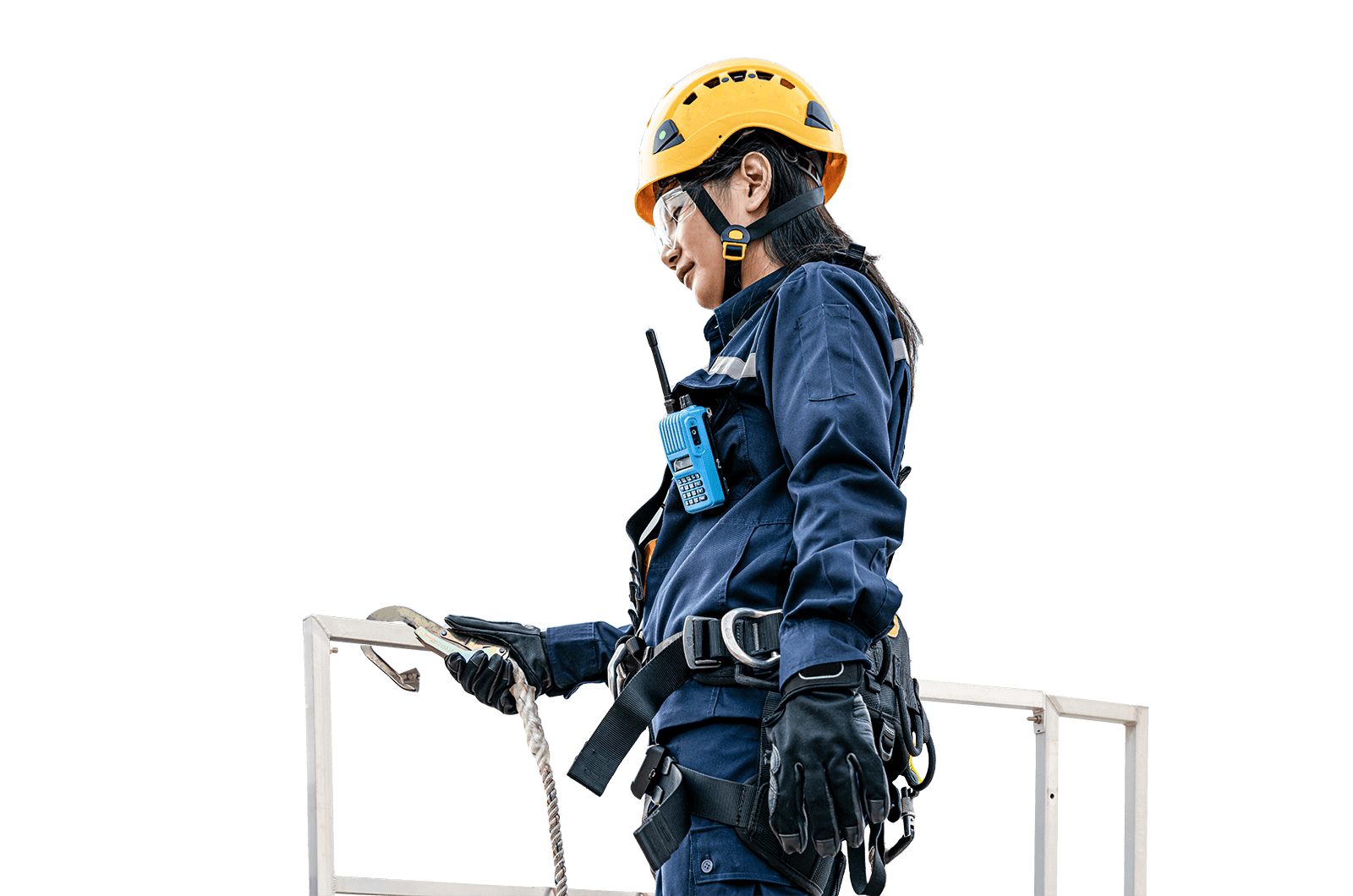For more than 35 years, Intertek’s forensic engineering team has been finding the causes of boiler, machinery and equipment breakdowns, fires, explosions, piping and pipeline failures and water losses.
Our forensic engineering services have helped hundreds of clients over the years with scientific analysis, litigation support and expert testimony. We have investigated incidents and losses for a wide range of commercial clients and industries including manufacturing, power generation, petrochemical and chemical.
Intertek fully understands the claims and litigation process and we have worked with major insurance companies and law firms. While on large loss accident sites, we have interacted with US government agencies such as the Occupational Safety and Health Administration (OSHA) and Chemical Safety Board (CSB).
Our forensic engineering services also extend to damage assessment and segregation, run/repair/replace decision support, estimating the scope and cost of repair, and auditing repair quotes. Our Total Quality Assurance experience is matched by our resources that include an in-house forensic laboratory and the expertise of certified non-destructive examination (NDE) technicians.
Services:
We have investigated many high-profile, large-loss incidents, and we specialize in the fields listed below:
- Machinery and Equipment Breakdown
- Boilers
- Fires and Explosions
- Petrochemical Fires and Explosions
- Piping
- Water Losses
- Wind Energy
Forensic Engineering Staff:
Our highly experienced multidisciplinary team of mechanical, metallurgical, civil and electrical engineers have worked on more than 8,500 projects and investigations, and we are familiar with almost every type of device and piece of equipment – from home appliances to power plants.
Forensic Laboratory:
Intertek has its own fully-equipped forensic engineering laboratory in Sunnyvale, California. Staffed by our multidisciplinary team of experts and trained technicians, we can examine, test and store physical evidence gathered at a loss site. In our laboratory, Intertek has examined thousands of degraded and failed components.
We can accommodate very large items such as pressure vessels, turbines and engines, along with small appliances.
Our laboratory capabilities include:
- Receiving area
- Examination tables
- Forklift
- Evidence storage room (secured)
- Compressed air and water for leak checking/identification
- Machine shop
- Chemistry laboratory
- Thermal testing instrumentation
- Hydrostatic testing
- Experimental welding shop to evaluate welding processes and procedures
- Specimen sectioning, polishing and etching
- Optical microscopy
- Scanning electron microscopy
- Photography - digital documentation and video recording
- Hardness and microhardness testing
- Mechanical testing – including MTS810 tensile, fatigue, and fracture; toughness testing, creep and stress rupture testing, strain gaging and data acquisition
- Specialized mechanical testing - strain gaging, fatigue testing, fracture arrest testing, stress rupture testing, custom testing
- Portable device for identifying metal alloys
- Non-destructive examination equipment - surface replication and replica evaluation, pulsed eddy current (PEC) for screening flaws in vessels and piping, color videoprobe with recording, magnetic particle testing (MT), ultrasonic testing (UT), penetrant testing (PT), acoustic emission testing, eddy current testing, crack depth gage, and deposit measurement.
